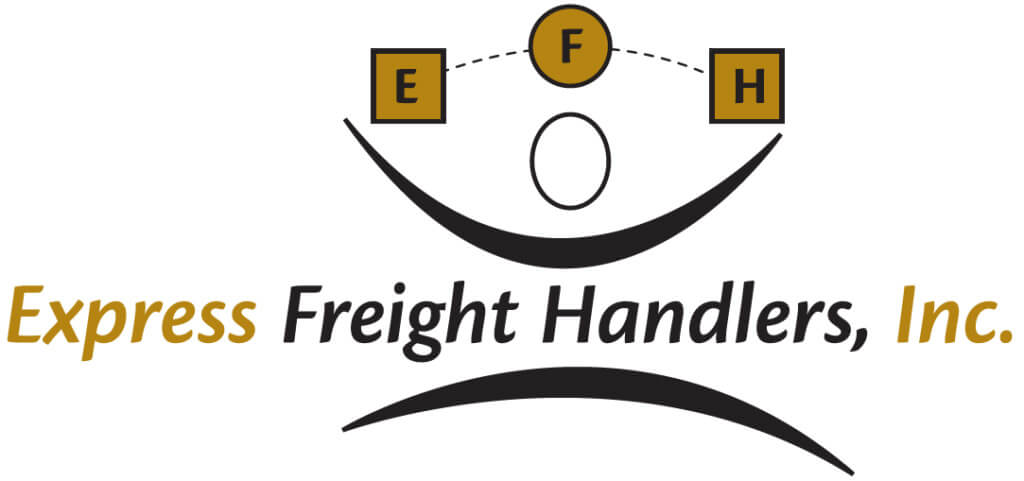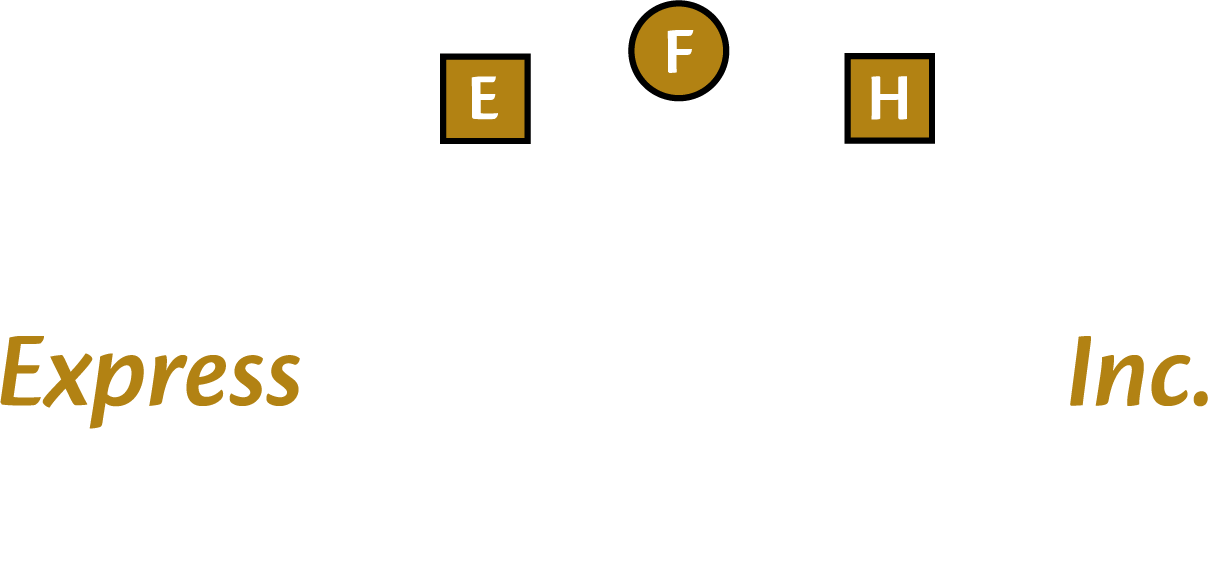
We’ve seen it repeatedly in industry and newspaper classifieds: “Freight Handlers Wanted” followed by a description that covers the expected duties and responsibilities required. Simply put, those are to make certain that products, goods, and cargo make it from Point A to Point B without being damaged or destroyed in the process. Freight handlers assist logistics professionals, warehouse management, and transportation carriers in moving and storing items in bulk quantities locally, regionally, nationally, and internationally. But nowhere do we see the real responsibilities, i.e., the importance of the work that is performed by freight handlers, which is to provide an invaluable service in every supply chain. By carefully unloading shipments, and organizing and controlling inventory, such as packing products to ensure their safe transport, freight handlers keep the supply chain going, from raw materials to finished products, to well-stocked retailers’ shelves, to the hands of consumers. Freight handlers are professionals trained to increase the efficiency and speed of any supply chain as well as to reduce the possibility of delays that lead to lost revenues, higher operating costs, and dissatisfied consumers.
The professionals at Express Freight Handlers, a leading lumper firm serving over 38 states, are responsible for the safe loading and unloading of over a million trailers and containers every year. Here are some of the responsibilities they perform:
- Padding, wrapping, and palletizing products, freight, perishables, and cargo to reduce any risk of damage and/or asset losses while in transit.
- Loading trailers concerning cargo weight and positioning loads to ensure the safety of both the driver and the shipment.
- When a container or trailer arrives at a warehouse, once it is cleared, freight handlers will unload the shipment and place it on the loading dock where warehouse personnel can retrieve it.
- As they work, freight handlers compare inventory received with freight details and report any and all discrepancies. They are trained to spot discrepancies between freight manifests and actual goods received, thereby playing an important role in loss prevention. They inspect the freight as well and make a record of any damages for insurance purposes.
- Express Freight’s teams are comprised of two lumpers and their supervisor, who records the details of each and every job. Upon request, a customized report is generated for logistics and operations management.
- Loading and unloading freight is not a task for unskilled labor. Express Freight’s teams are OSHA-trained in safety skills and certified. This reduces the possibility of injury to themselves and other workers, thereby reducing the likelihood of any liability claim.
- Additionally, Express Freight’s teams of freight handlers are highly experienced in using the heavy equipment and tools used to maneuver any cargo.
- Upon request, our freight handlers will move freight to storage areas as directed and organize these goods for easy retrieval.
Now that you know the responsibilities of these tasks, why would any logistics professional risk potential damages and lawsuits by hiring day labor or diverting untrained staff to perform lumper duties? Speak with the team at Express Freight Handlers to consider a partnership that will bring about maximum efficiency and reduced overhead costs within your supply chain. Call today!

